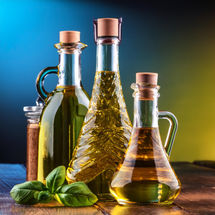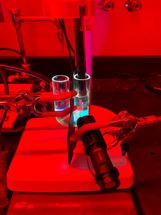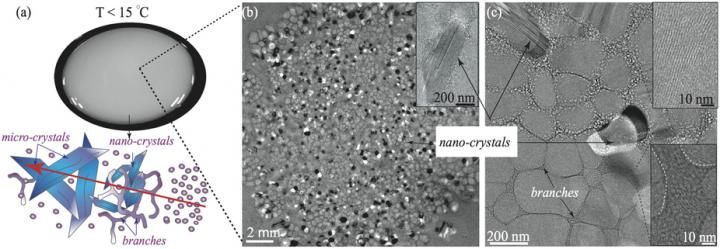An assembly line for medications
Efavirenz can now be produced more cost efficiently and sustainable utilizing continuous flow chemistry.
Researchers at the Max Planck Institute of Colloids and Interfaces (MPICI) and the Freie Universität Berlin have succeeded in developing better methods of producing APIs (active pharmaceutical ingredients). As a result, Efavirenz, one of the preferred agents for treating HIV in combination therapies, can now be produced using a concise continuous flow method. This process may fundamentally change the way APIs are produced.
Today, virtually all active pharmaceutical ingredients (APIs) are produced using multiple distinct processes in “batch”. This means that all ingredients react in a pot, pretty similar to the method of cooking. “Continuous flow” means the reaction takes places while the chemicals move through a “pipe” or some tubing – conceptually similar to a conveyer belt. In this way, the reactions are safer and more efficient.
Flow chemistry has fundamental advantages when compared to other methods. The target product can be produced in a faster, more cost efficient manner and, more often than not, with better product quality. The smaller amounts of chemicals reacting in flow devices don´t lead to smaller production charges. In principle this can be compared with a bucket under a dripping faucet. The bucket can be filled opening the faucet (fast), but over time constant dripping (slow) will lead to the same effect. In reality, the total time consumption leading to a similar amount of API is comparable, but in flow the reaction needs less investment and exhibits a much higher degree of control.
In addition to producing single medications such as Efavirenz continuously, a single, modular reactor can be used to produce patented and generic medicines such as lyrica, gabapentin, and baclofen – used to treat general anxiety disorder, epilepsy, and spasticity, respectively. The total value of the medications sold each year exceeds five billion Euros. These medications belonging to three different structural classes (g-amino acids, g-lactams and β-amino acids) were produced by just changing the order of reactors.
Most commodity products, including cars, are produced by using assembly lines. The Max Planck researchers demonstrate for the first time that a modular assembly line system for the production of important medications can work. Prof. Dr. Peter H. Seeberger emphasizes: “Our modular flow technology will fundamentally change the way APIs are produced. We have demonstrated that the conceptual breakthrough now yields better access to life saving drug substances such as the HIV medication Efavirenz. In a next step these processes will have to be industrialized.”
Dr. Kerry Gilmore, group leader of the “flow chemistry” team adds: “What is truly revolutionary about this approach is not the incremental advance in reactor technology, but the conceptual leap of synthesizing a range of products using a single modular setup, allowing access to multiple medicines without the need for multiple production facilities.”
For the key step of the synthesis of Efavirenz a readily available and harmless copper catalyst was used, substituting toxic chemicals such as phosgene, a chemical warfare agent.
Dr. Camille Correia, from the South American country of Guyana, the key chemist in the synthesis of the HIV medication, hopes the effort of the team will have an impact: “We were able to produce the medication in three chemical steps in less than two hours. To the best of our knowledge this is the most cost efficient and fastest method available. Unfortunately Efavirenz is often too expensive for patients in developing countries. We hope our effort helps to lower the market price for life saving drugs.”
Organizations
Other news from the department research and development
These products might interest you
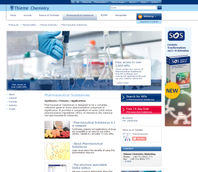
Pharmaceutical Substances by Thieme Verlag
Look up Industrial Syntheses of 2,600 APIs
Your tool for Syntheses, Patents and Applications – Pharmaceutical Substances
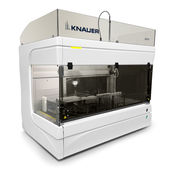
AZURA Purifier + LH 2.1 by KNAUER
Preparative Liquid Chromatography - New platform for more throughput
Save time and improve reproducibility during purification

Get the chemical industry in your inbox
By submitting this form you agree that LUMITOS AG will send you the newsletter(s) selected above by email. Your data will not be passed on to third parties. Your data will be stored and processed in accordance with our data protection regulations. LUMITOS may contact you by email for the purpose of advertising or market and opinion surveys. You can revoke your consent at any time without giving reasons to LUMITOS AG, Ernst-Augustin-Str. 2, 12489 Berlin, Germany or by e-mail at revoke@lumitos.com with effect for the future. In addition, each email contains a link to unsubscribe from the corresponding newsletter.











